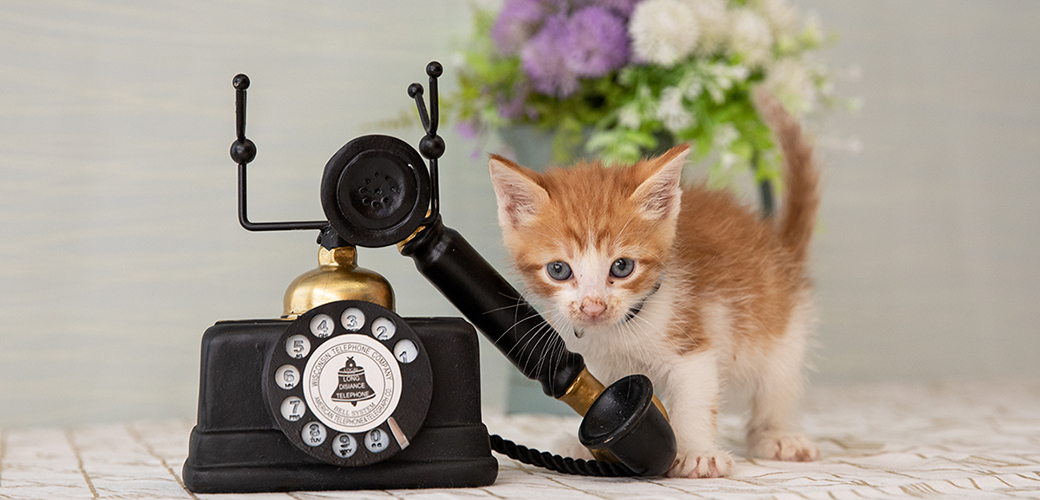What to Expect When Calling ASPCA Animal Poison Control Center


What Happens on an APCC Call?
We understand that we’re in a unique and challenging time, but the ASPCA is still always here for you and your furry friends—even when we may seem far apart. When a pet gets into something they shouldn’t, it can be a scary time for pet parents. The ASPCA Animal Poison Control Center (APCC) is staffed by veterinary toxicology experts who are available 24 hours a day, 365 days a year, who are specialized in helping pet parents and their furry friends when emergency situations involving potentially toxic substances arise. We recommend that if you ever suspect that your pet has ingested something potentially toxic, you contact APCC at (888) 426-4435 or your local veterinarian immediately to determine next steps.
If you choose to call APCC first, you’ll be connected with a veterinary staff member who will gather vital information to create a case and plan on how to help your companion.
Step One: Information About Your Pet: You’ll be asked a series of questions about your pet including their breed, age, weight and health history. This can be important information because some breeds are prone to certain health conditions that might change our recommendations. For example, dogs with flat faces can having breathing issues that may prevent us from instructing you to make your pet vomit at home.
Step Two: Information About the Toxin: Having as much information on what your pet was exposed to as possible is incredibly helpful. You will be asked questions about the product package, the strength of ingredients and the amount your pet was exposed to; so having the product close at hand is always a plus. It’s important to let us know if your pet is showing any clinical signs such as vomiting, not eating or acting lethargic. If you have tried any home treatments, you should also mention this to your APCC caseworker.
Next Steps: Once the experts have gathered all the information that they need, they can come up with a treatment plan to help your pet through either home or vet care.
At Home Care
If your pet’s case is something that can be managed at home, your caseworker will walk you through whatever you may need to do. They will give you any instructions you may need or symptoms you should monitor your pet for.
At the Veterinary Clinic
If your pet ingested something potentially life-threatening or something that cannot be managed at home, we will recommend you go to your local veterinary clinic where we will work with your veterinarian and give them treatment recommendations to get your pet the best care possible.
End of Your APCC Call
Once you’ve been given all of the information you need, you’ll receive a case number and a call-back number. If you have any questions or concerns, you can always call back anytime. If you need to take your pet to the clinic, just give the clinic the case number and the call back number, have them call APCC and they can take it from there!
If your pet was exposed to anything that they should not be; whether they ate it, it got on their skin, they inhaled it, or something got into their eyes, you can call your veterinarian or you can get in touch with the ASPCA Animal Poison Control Center by calling (888) 426-4435.
* There is a $75 fee for our service because we do not receive any outside funding. That $75 allows us to keep our doors open and have veterinarians, technicians, and assistants available to you 24 hours a day every day of the year*
Source: Read Full Article


